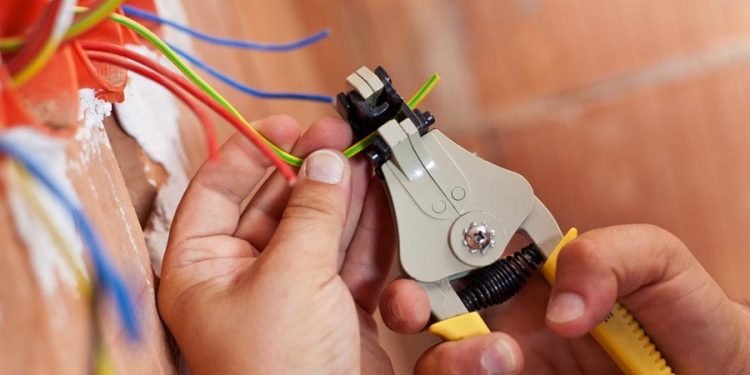Electrical wires can fray for various reasons. For instance, age can creep up on them, and a power surge can cause them to wear out. In turn, such wires pose a danger to your property, increasing the risk of fire, electrocution, appliance damage, and more.
Wired SC is a go-to resource for batemans bay residential and commercial customers who require electrician services. Consider calling them in for everyday electrical needs or exploring their website at https://wiredsc.com/conway/ for more information. And if you are experiencing issues related to frayed wiring, they can help.
But how do you identify such an issue? Well, keep your eyes peeled and ears perked for some of the tell-tale signs below:
1. Buzzing Lights
OOOPS, the dreaded flickering lights! I guess you’ve seen enough horror movies to know something’s up when you’re having dinner and suddenly the lights start flickering. While this might not end as it usually does in such shows, you might have to keep your food warm until you figure things out.
Chances are, frayed wires are the cause of this annoying phenomenon. Such wires create an imbalance in the flow of electricity. In turn, this can cause the electrical current to surge, making your light bulbs flicker.
Likewise, if the wires are too far gone, you might hear a buzzing due to loose connections. If you notice this happening frequently, consider getting an electrician on board to inspect your wiring and sort out the issue.
2. Strange Odors
Smell that? It’s not your dinner burning. Ok, your sense of smell isn’t as sharp as you thought, but you can tell the whiff is coming from your electrical wiring. Whenever wires get frayed, the insulation can ignite, creating a nasty smell in the air.
Sometimes, frayed wires can cause the plugs or outlets to heat up. So, if you notice a burning smell coming from your outlets or switch boxes, have a professional check your system before plugging in your appliances.
3. Discoloration or Scorch Marks
Wherever there’s smoke…or so goes the saying. If your outlets appear discolored, chances are something was burning – plastic insulation, to be precise. Or, you might even see scorch marks around them, which usually tell the same tale.
If your switch boxes look like they’re turning a pale shade of yellow or brown, it means your wiring is compromised – perhaps due to a short circuit caused by frayed wires. If that’s your predicament, call your electrician to check out the situation before it gets out of hand.
4. Tripping Circuit Breakers
Not again! Just when you thought you had the problem solved, your circuit breaker trips again. If this keeps happening despite resetting it, your wiring could be the culprit.
If circuit breakers keep tripping, it could be because your wiring is fighting back. Frayed wires are like the rebellious teenagers of electrical systems – they act out and don’t listen to reason. This can lead to an overload on the system, causing a short circuit and tripping your breakers. Take heed and call in for reinforcements when tripping circuits frequently occur. Don’t take chances – your breakers could be sending you a message which a professional electrician from Brandon MS can help decode.
5. Unusually Hot Outlets Covers
We usually plug in our appliances without giving much thought to the temperature of the outlets. But if your wiring is faulty or frayed, you’ll notice that the outlet covers and switch plates feel hot or warm to the touch. This should not be the case if all is well. Granted, although appliances typically generate heat, your outlets shouldn’t be burning up.
Sure, you might be tempted to power on anyway, but don’t take the risk – get your wiring checked and keep your outlets cool. Likewise, for the DIY-inclined, turn off the power before inspecting the wiring – but only do this if you’re sure about what you’re doing. You don’t want to ‘cross your wires’ and make things worse, do you?
6. Vibrating Spots
Frayed wires may also create vibrations in the walls or outlets. The vibration may be subtle but can cause significant damage over time. Mostly, it’s due to short-circuiting wires. Have your electrician check the wiring and outlets to ensure there’s no danger of electrical shock. They can also resolve the issue and prevent further problems.
If you experience any of the above issues, call a professional to get your electrical system back in check. Your stitch in time could, after all, save nine. So, play it safe before things go south.












